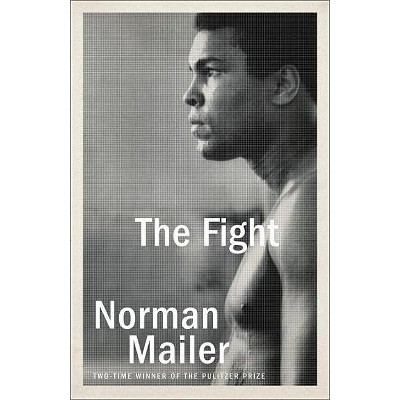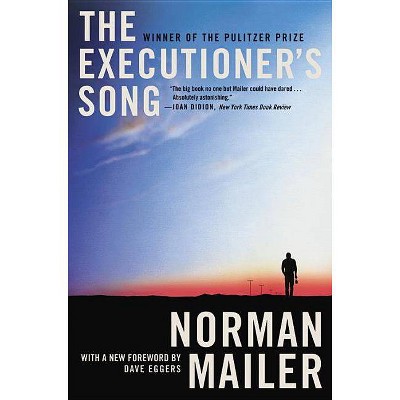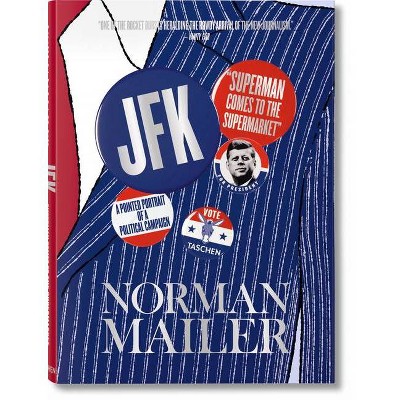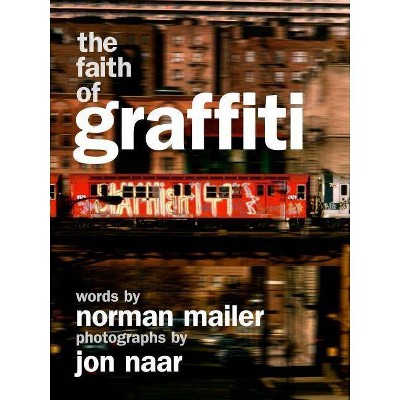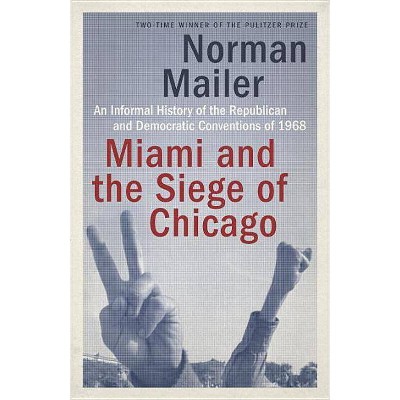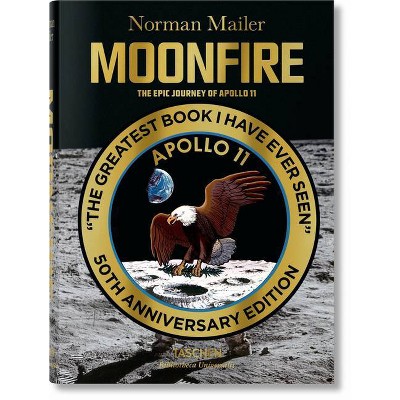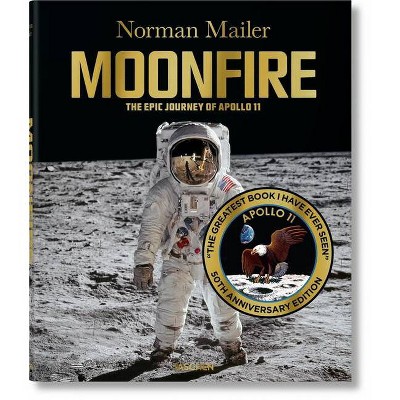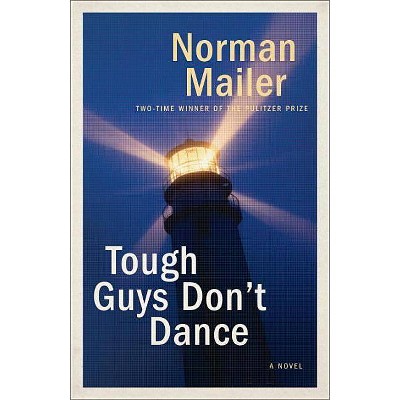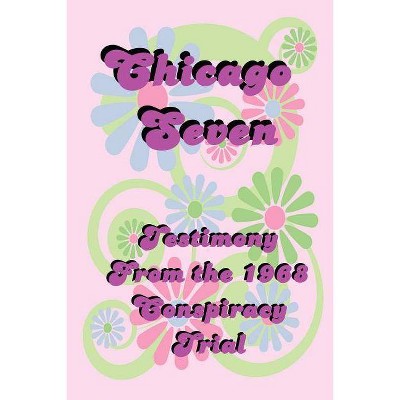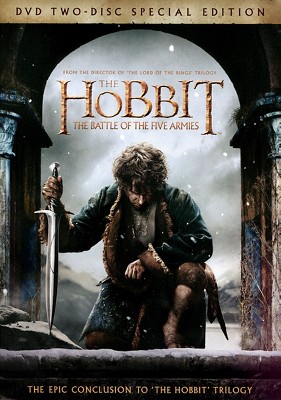The Armies of the Night - by Norman Mailer (Paperback)
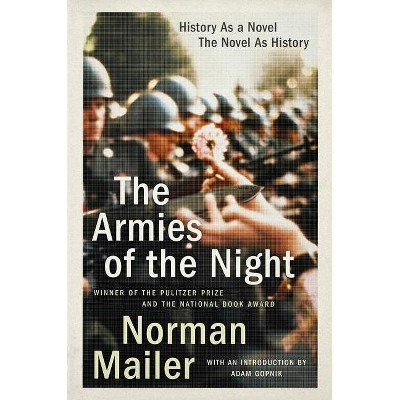
Similar Products
Products of same category from the store
AllProduct info
<p/><br></br><p><b> Book Synopsis </b></p></br></br><b>Winner of the Pulitzer Prize and the National Book Award</b><br><i><br></i>Fifty years after the March on the Pentagon, Norman Mailer's seminal tour de force remains as urgent and incisive as ever. Winner of America's two highest literary awards, <i>The Armies of the Night</i> uniquely and unforgettably captures the Sixties' tidal wave of love and rage at its crest and a towering genius at his peak.<i><br> </i><br> The time is October 21, 1967. The place is Washington, D.C. Depending on the paper you read, 20,000 to 200,000 protestors are marching to end the war in Vietnam, while helicopters hover overhead and federal marshals and soldiers with fixed bayonets await them on the Pentagon steps. Among the marchers is a writer named Norman Mailer. From his own singular participation in the day's events and his even more extraordinary perceptions comes a classic work that shatters the mold of traditional reportage. Intellectuals and hippies, clergymen and cops, poets and army MPs crowd the pages of a book in which facts are fused with techniques of fiction to create the nerve-end reality of experiential truth. <p/> <b>"[Mailer's] genuine wit and bellicose charm, and his fervent and intense sense of legitimately caring, render <i>The Armies of the Night</i> an artful document, worthy to be judged as literature."--<i>Time <p/></i><b>"Only a born novelist could have written a piece of history so intelligent, mischievous, penetrating and alive."--Alfred Kazin, <i>The New York Times Book Review</i></b></b><p/><br></br><p><b> Review Quotes </b></p></br></br><br><b>Praise for <i>The Armies of the Night</i></b> <p/>"His genuine wit and bellicose charm, and his fervent and intense sense of legitimately caring, render <i>The Armies of the Night</i> an artful document, worthy to be judged as literature."--<i>Time</i> <p/>"Only a writer steeped in American life, with all his wits about him, and with a genuinely compassionate social vision, could have produced a work so acute in its historical insights and so moving in its portraits of contemporaries."--<i>The Nation</i> <p/>"Some time in 1969 in Paris, I first read <i>Armies of the Night</i>, Norman Mailer's account of the anti-Vietnam war march on the Pentagon...It was mesmerising, and to re-read it today is to experience an additional punch: the one that verifies that history repeats itself as (malignant) farce. Page after page you have the impression that he is commenting not on Lyndon Johnson's shameful war, but George Bush's corporate-powered skulking towards another self-serving war... supports the theory--more resonant now than then--that perhaps the most ruthless and prolonged jihad in history has been that of the American fundamentalist Christians, which began towards the end of the second world war."--Peter Lennon, <i>The Guardian</i> <p/> "Just as brilliant a personal testimony as Whitman's diary of the Civil War, <i>Specimen Days</i>, and Whitman's great essay on the crisis of the Republic during the Gilded Age, <i>Democratic Vistas</i>. I believe that it is a work of personal and political reportage that brings to the inner and developing crisis of the United States at this moment admirable sensibilities, candid intelligence, the most moving concern for America itself. Mailer's intuition in this book is that the times demand a new form. He has found it."--Alfred Kazin, <i>The New York Times</i><br> <i> </i><br> "Mailer's feints and bell-donging around his fellow 'Notables' is a late night popcorn joy, and there is much that is stylish and shrewd...this is an important and passionate pilgrimage."--<i>Kirkus Reviews</i><br><p/><br></br><p><b> About the Author </b></p></br></br>Born in 1923 in Long Branch, New Jersey, and raised in Brooklyn, New York, <b>Norman Mailer</b> was one of the most influential writers of the second half of the twentieth century and a leading public intellectual for nearly sixty years. He is the author of more than thirty books. <i>The Castle in the Forest, </i> his last novel, was his eleventh <i>New York Times</i> bestseller. His first novel, <i>The Naked and the Dead, </i>has never gone out of print. His 1968 nonfiction narrative, <i>The Armies of the Night, </i> won the Pulitzer Prize and the National Book Award. He won a second Pulitzer for<i>The Executioner's Song</i> and is the only person to date to have won Pulitzers in both fiction and nonfiction. Five of his books were nominated for National Book Awards, and he won a lifetime achievement award from the National Book Foundation in 2005. He died in 2007 in New York City.
Price History
Price Archive shows prices from various stores, lets you see history and find the cheapest. There is no actual sale on the website. For all support, inquiry and suggestion messagescommunication@pricearchive.us
